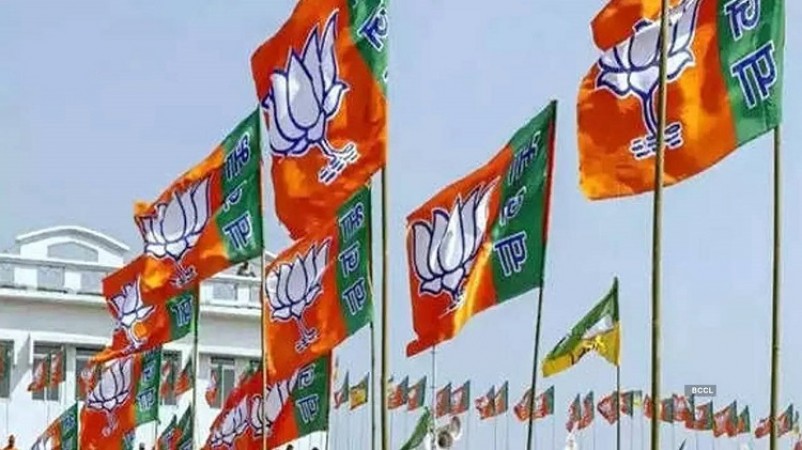
The Bharatiya Janata Party (BJP) is grappling with the aftermath of a disappointing performance in the 18th Lok Sabha elections, failing to secure the required 272 seats to cross the halfway mark. The party's leadership has initiated a serious introspection to identify the reasons for this setback.
Key Factors Behind BJP's Losses
Party officials cite several key factors contributing to the BJP's electoral losses. Prime Minister Narendra Modi's popularity remains intact, but mistakes in candidate selection across various states have been identified as a critical issue. There is also a growing perception among Dalits that the BJP may attempt to amend the constitution if it achieves its "400-seat" target, which has adversely affected the party's support among this demographic.
Internal Apathy and Inductions
Apathy among the BJP's rank and file is seen as another significant factor contributing to the decline in electoral numbers. Many party workers believed that the BJP was destined for a sweeping victory, underestimating the potential competition from a fragmented opposition. This complacency led to internal discontent, with some workers expressing frustration over candidates they did not support, believing it would not affect the overall election outcome.
Reaction to Candidate Selection
The discontent among BJP workers was palpable from the outset, particularly evident when the party announced its initial list of candidates, which largely retained sitting MPs. The election results saw 22 Union ministers losing their seats, further intensifying dissatisfaction within the party ranks.
As the BJP reviews its performance, it faces the challenge of addressing these internal and external factors to strengthen its electoral strategy for the future.
Modi’s Third Term: Key US-India Discussions as NSA Sullivan Heads to New Delhi
NDA government will be formed this time too! Nitish Kumar and Chandrababu Naidu end the suspense
Likely Reasons Behind Modi's Mixed Victory: Four Key Factors Analyzed